Eye Serums, Creams, and Gels—What’s the Difference?



IPSY Editors


Taking care of the delicate skin around our eyes is an essential step in our skincare routine. As we age, fine lines, wrinkles, puffiness, and dark circles may start to appear, making us seek out specialized products to target these concerns. And often, our eye products and face serums are the most concentrated with active ingredients making them the most powerful skincare products in our routines. But, with an overwhelming number of options available, it's important to understand the differences between popular eye care products, particularly eye serums and eye creams, and what benefits each of them have and how to tell which you need.
So, what exactly are the differences? And do you need to own both? We asked esthetician Jolie De Feis to break everything down for us so we can elevate our skincare routines while also avoiding breaking the bank.
It's about glam time you treated yourself.
Join IPSY

MEET THE EXPERT
Jolie De Feis is a NYC-based licensed esthetician. She loves educating about the science of skin and learning about new ingredients and technologies. For more of her tips, check out her skincare newsletter on Substack called Hotline Skin.
What Is an Eye Cream
Eye creams are specifically formulated to provide intense hydration to the eye area. Due to their thicker consistency, they create a protective barrier, helping to retain moisture and reduce the appearance of under-eye bags and puffiness. Eye creams often have a wide range of nourishing ingredients, including vitamins C and E, shea butter, and caffeine, which work together to improve the skin's texture and elasticity.
What Is an Eye Serum
Eye serums, often touted as lightweight and fast-absorbing, typically contain a higher concentration of active ingredients. These potent formulations are designed to penetrate the skin more deeply, targeting specific issues like fine lines, wrinkles, and dark circles. They often utilize ingredients that promote collagen production, such as retinol, peptides, and hyaluronic acid. Additionally, many serums boast antioxidant properties, protecting the delicate skin from harsh environmental factors.
“Generally serums tend to be more concentrated than creams, but all under eye products are formulated to deliver ingredients to the area, so it really depends on preference,” explains De Feis.
She explains that the main differences you’re choosing between when shopping is texture and consistency. If you’re looking for a more effective anti-aging treatment, something to help with crows feet and the appearance of fine lines, you'll likely want to choose an eye serum because of the high quality of active ingredients in the formula.
Eye Gels vs. Eye Serums
When something is marketed as an eye gel, it could mean one of two things. It could be a liquid eye product that has a gel-like consistency, something like the HIGH® high eye-Q CANNABIS EYE GEL is a good example. Or, it could mean under eye hydrogel patches like these ones from TULA SKINCARE.
The main differences between eye gels and eye serums are simply the same as when we talk about the differences compared to eye creams: It’s the consistency and texture of the product and often the delivery method. A lot of individuals have multiple eye products in their skincare collection as they all target different skin concerns. Often skincare lovers have a caffeine eye gel for puffy eyes, an eye serum for the evening that has anti aging benefits and gel masks for tired eyes or ones that need a quick hydration treatment.
How To Find the Best Eye Treatment for You
Eye serums and eye creams are both designed to address specific issues associated with the eye area. However, they differ in formulation, texture, and the benefits they offer. Understanding these distinctions is crucial to selecting the most effective product for your concerns and desired outcomes. It all comes down to personal preference and skin concerns that you would like to target.
Our under-eye area skin is thinner and more delicate than anywhere else on the face, so it presents some unique concerns and challenges. Additionally, our eyes are so expressive, which makes the area more prone to fine lines and wrinkles. These reasons are why the under eyes are often the first area that people start to notice visible signs of aging. These under eye concerns, along with dark circles and puffiness are difficult to treat to begin with and get harder as you get older, so taking care of your under eyes early can be important for prevention.
“Think about your concerns and skin type. Oily skin or skin prone to milia may prefer something lighter like a serum and people with dry under eyes might want a more nourishing and hydrating cream. Retinol is a great ingredient to look for for pretty much all concerns, caffeine and green tea are helpful for puffiness, and I love growth factors for everyone as they can be used twice daily and help with collagen, elastin and hydration,” says De Feis.
Can You Use More Than One?
In this case, yes! But use each product for specific concerns that you’re trying to target. If you’re waking up your skin in the morning—opt for a caffeinated eye gel or cream to lessen the look of dark circles and help with dry skin. If you have mature skin and have a more intense skincare regimen for your nightly routine, this is the time to use an eye serum containing retinol, peptides or other anti-aging ingredients to target your concerns overnight.
“You can certainly use both, but you don’t have to. Many eye serums and creams can provide similar benefits, so it just depends what your concerns are. If your eye product has retinol I would say to only use that at night, but otherwise it doesn’t matter. An eye cream with color correcting or brightening properties may be preferred for daytime or under makeup, but again it all depends on preference,” explains De Feis.
Looking for more skincare tips and product recommendations from experts? Take our Beauty Quiz now to get started with your own IPSY beauty subscription. Already an IPSY member? Refer your friends to earn points, which you can use toward products. Either way, don’t forget to check us out on Instagram and TikTok @IPSY.
Like this article? Share it with your friends by clicking the icons below!
Liked this post? Share!
Related Stories

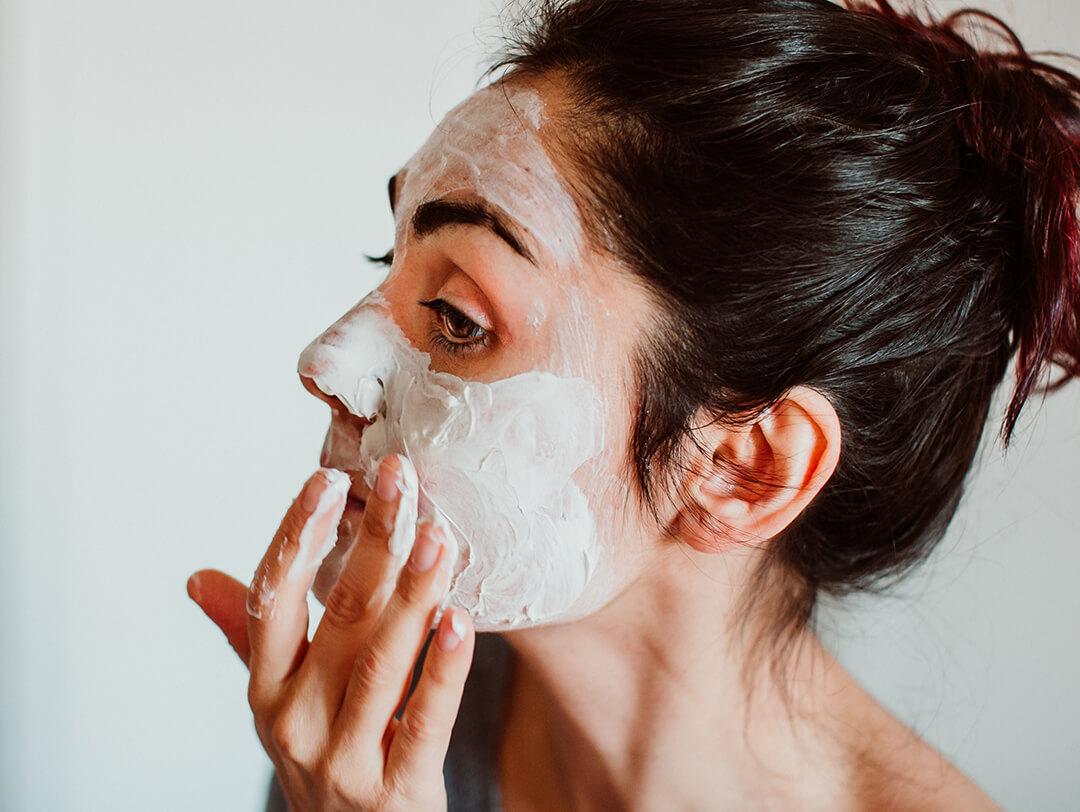
Skin
22 Amazing Vegan Skincare Brands You Have To Try
Published on Nov 2, 2021


Skin
Who Needs a Pro Spa Day? These Tips Will Help You Create the Ultimate DIY Home Spa
Published on Sep 17, 2021
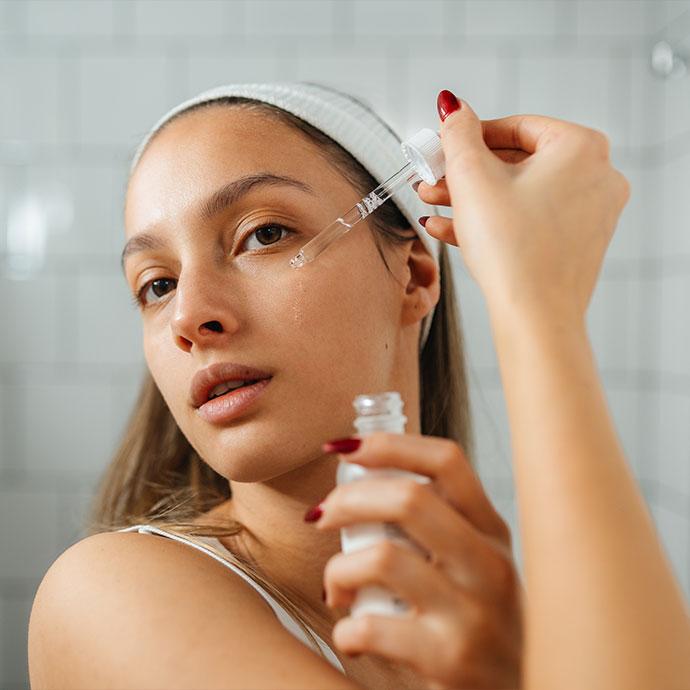
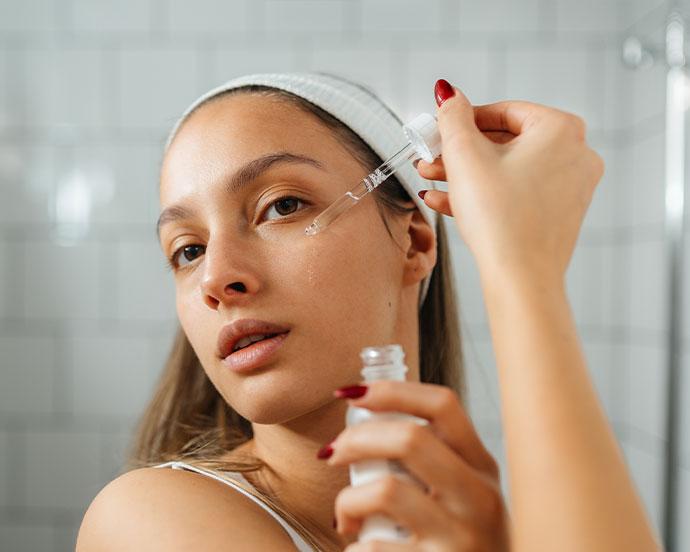
Skin
Rebound Hydration Is the Skin Reset Your Barrier’s Been Asking For
Published on Jan 28, 2026 • 3 min read
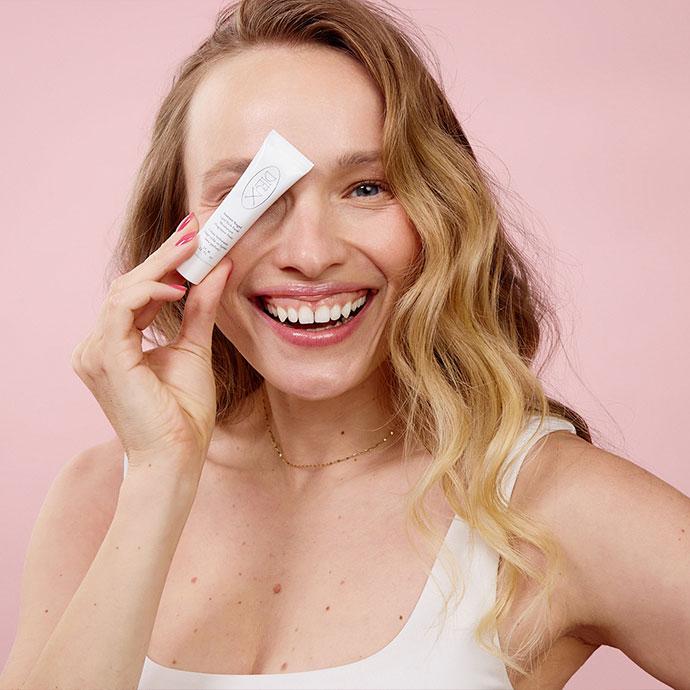
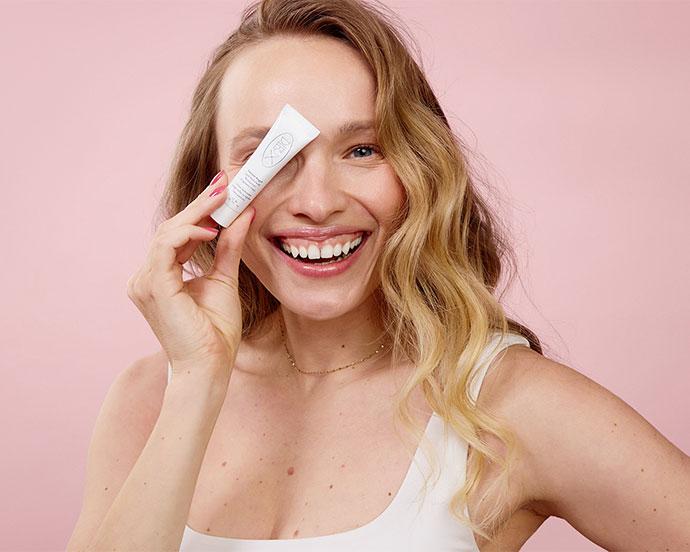
Skin
The No-BS Skincare Movement Starts With DIEUX SKIN
Published on Jan 27, 2026 • 4 min read
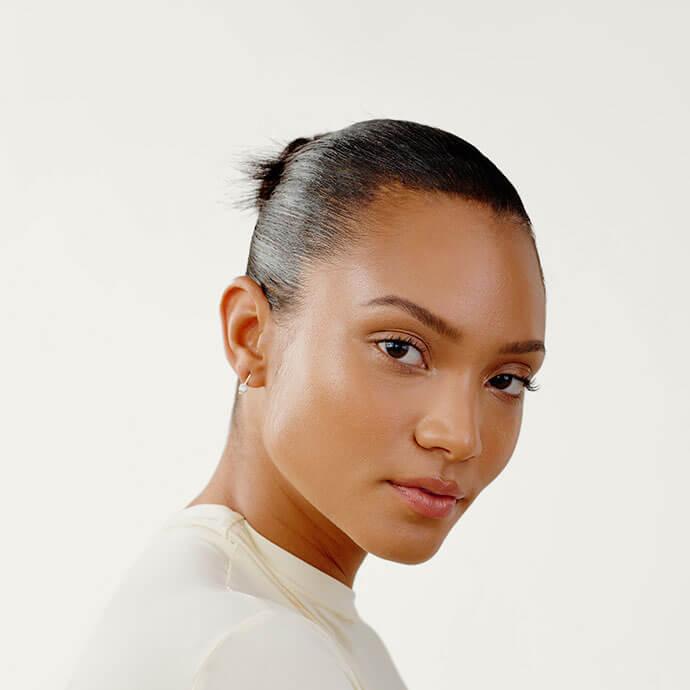
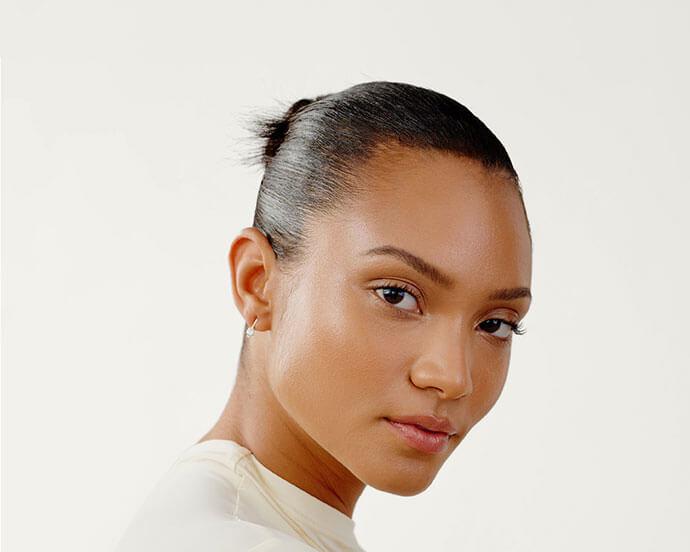
Skin
Skinimalism Is the Ultimate Stripped-Back Skincare Trend
Published on Jan 22, 2026 • 6 min read


Skin
Spring Is Coming—Is Your Skincare Ready?
Published on Jan 15, 2026 • 4 min read
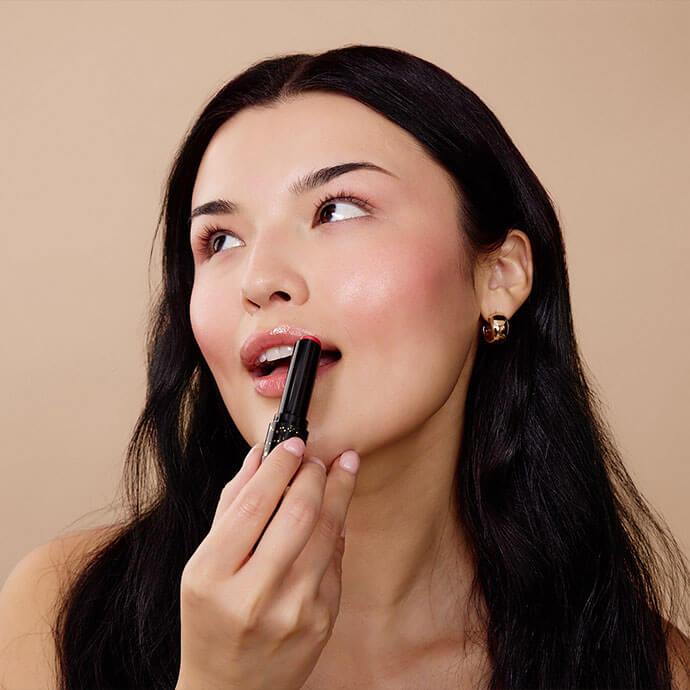
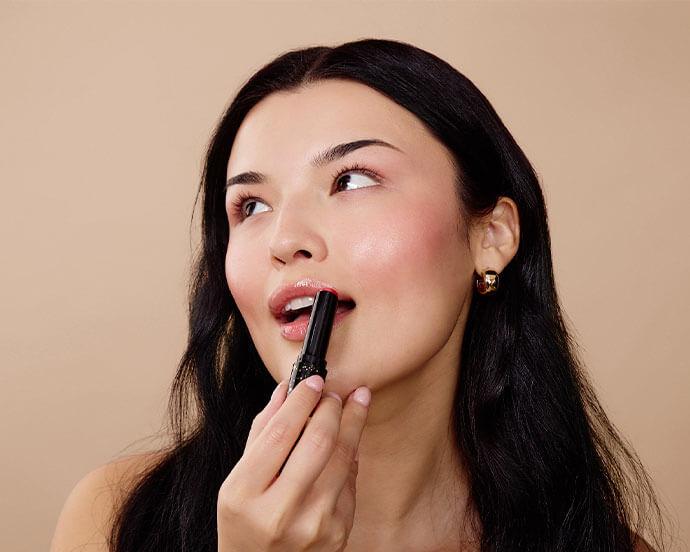
Skin
The Hydration Sandwich Trend Will Save Your Dry Lips This Winter
Published on Jan 13, 2026 • 4 min read


Skin
What Is the Skin Barrier & Why Is Everyone Talking About It?
Published on Jan 12, 2026 • 6 min read


Beauty Picked Just for You
Get 5 products worth up to $70
Plus exclusive access to epic deals up to 80% off
Starting at just $14/month. Cancel anytime.